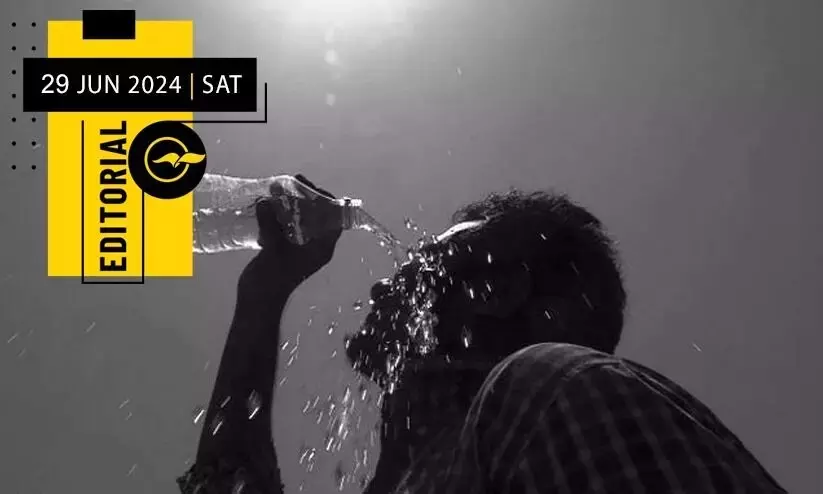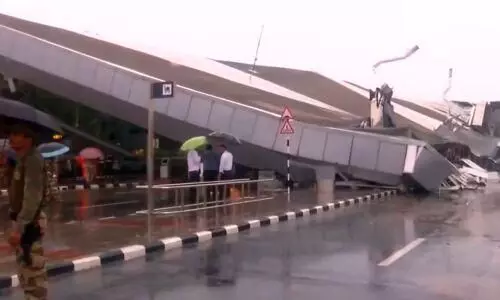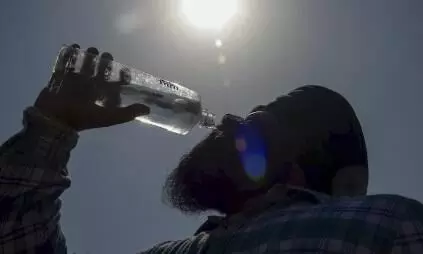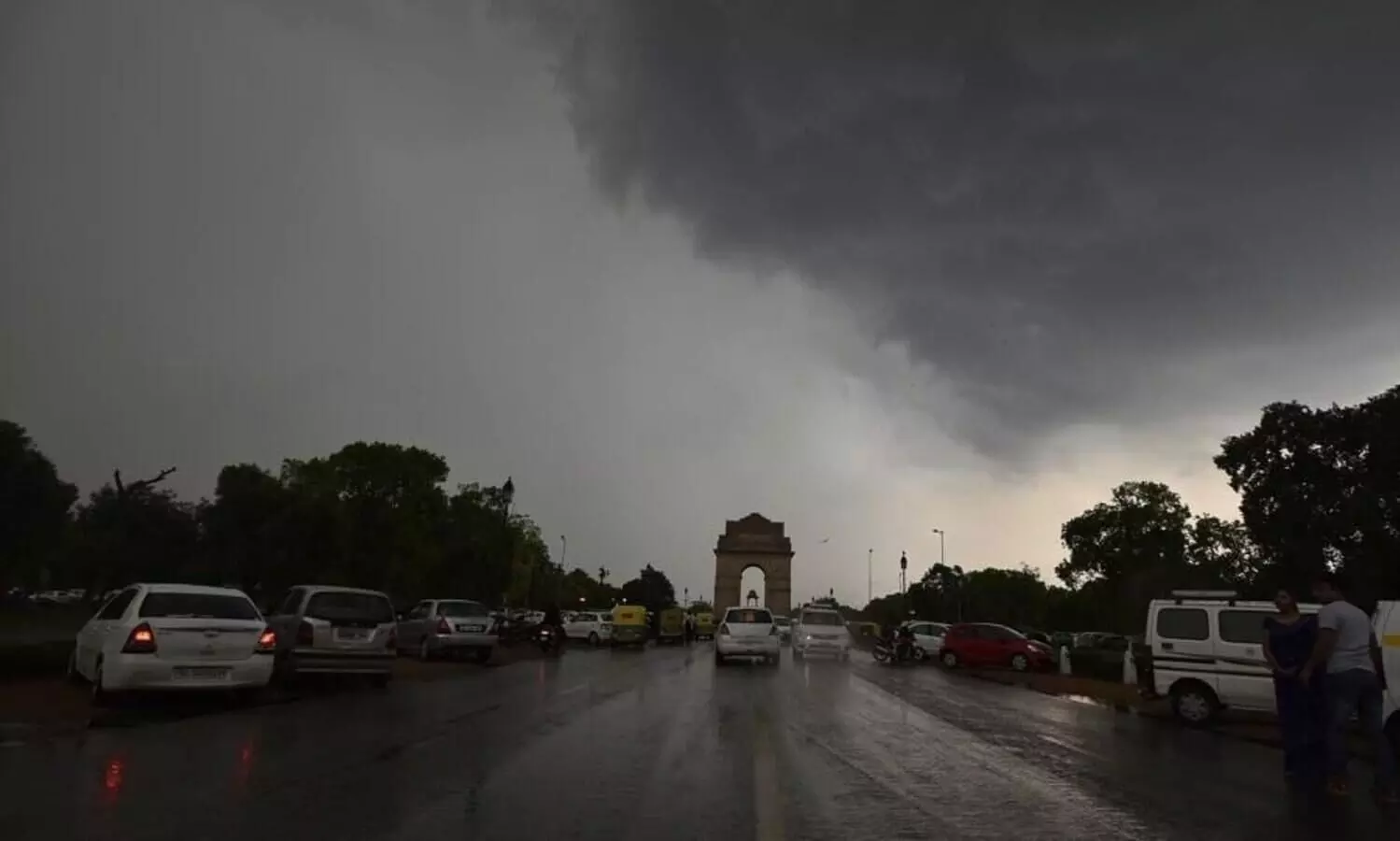
Drought and floods in North India
text_fieldsIndia witnessed a summer even more severe than what environmental scientists and climate observers had warned of. The heatwave hit even Kerala, where extreme weather events were rare until recently, causing numerous deaths due to sunstroke, dehydration, and summer diseases. The much-delayed summer monsoon, when it finally arrived, brought water-logging reminiscent of the monsoon season, raising fears of floods. Excessive heat and sunstroke have been a part of North India's weather calendar for decades, and the disasters and deaths they cause are just as common. The seven-phase election process, which was unexplainably stretched out, exacerbated the impact of the extreme heat this time. On June 1, the day of the seventh phase of polling, at least 18 polling officials died of heatstroke in the states of UP and Bihar alone. Workers distributing food and essential items, construction workers, street vendors, and tens of thousands of homeless people without even an umbrella over their heads were all scorched in the intense heat.
Finally, the rains have arrived in North India as well. However, instead of bringing relief from the severe drought and rain deficit, the news is dominated by the disasters accompanying the rains in various North Indian cities. One person was killed and six others were injured when the roof of the international airport in the national capital collapsed, disrupting air services. In Jabalpur, Madhya Pradesh, similar incidents at the Dumna airport narrowly avoided casualties. Heavy waterlogging in the Pragati Maidan tunnel in Delhi brought traffic to a complete halt. Another incident occurred in Ayodhya, where the railway station, despite the lavish expenditure of crores of rupees on construction and publicity, is submerged in water. The chief priest, Acharya Satyendra Das, revealed the previous day that the roof of the large temple built on the land where the Babri Masjid was demolished is leaking. The accommodations of the policemen assigned to temple security were also flooded, with photos of their belongings being washed away widely circulated. The lives of common people and saints in the area are in even more misery.
In the aftermath of the unfortunate incident at the Delhi airport, Union Aviation Minister Ram Mohan Naidu, who met with media personnel after visiting the site, stated that the collapsed roof was constructed in 2009. The Minister clarified this to counter the opposition's allegation that the structure was the one inaugurated by Prime Minister Narendra Modi a few months ago. In Jabalpur, the newly constructed terminal at Dumna Airport, built at a cost of Rs 450 crore, was inaugurated by Prime Minister Narendra Modi on March 10th. The inauguration was rushed to be completed before the election code of conduct came into effect, without waiting for the works to be fully completed or ensuring there were no safety lapses. Thankfully, no casualties were reported in this incident, as evidenced by an image of a car with its roof completely caved in.
Similarly, in Ayodhya, the unscientific urban development plan, undertaken with communal, political, and commercial motives, has raised severe environmental concerns, as pointed out by locals and environmental activists much earlier. The demolition of houses and temples, along with the filling up of fields and water channels, led to the newly constructed city being submerged during the first monsoon itself. The administration failed to replicate even a fraction of the planning finesse exhibited in the temple project when it came to planning for the pilgrim city that sees lakhs of visitors.
As the global phenomenon of climate change intensifies, mitigating the severity of extreme heat and heavy rains cannot be achieved quickly. Only if the government, the people, and industrialists come together wholeheartedly can there be any respite. Policies, stances, and actions driven solely by profit, without regard for human life and respect for nature and the environment, will only exacerbate the suffering caused by climate change. It would have been much better if the recent tragedies had at least opened the eyes of the administration.


























